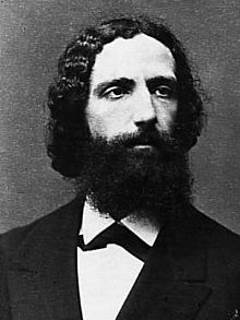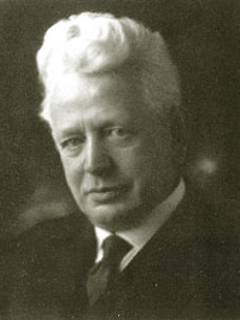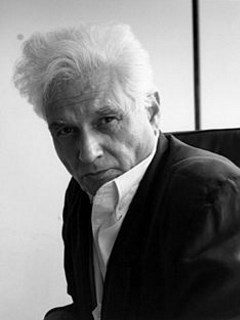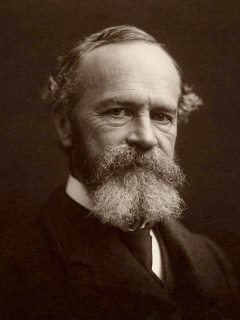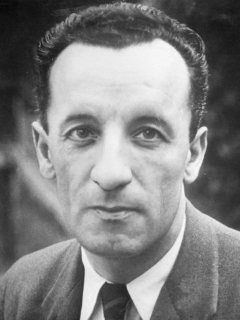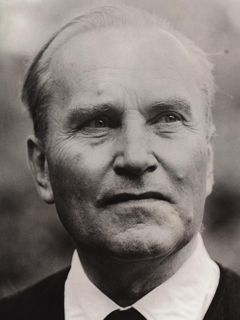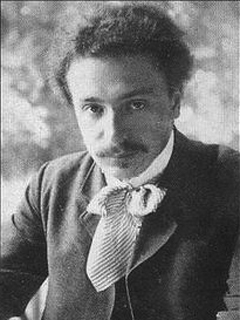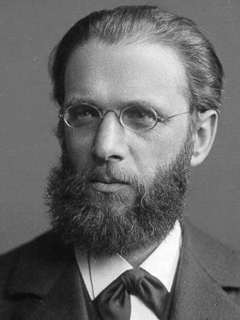Saulius Geniusas
(ed) (2023). Varieties of self-awareness: new perspectives from phenomenology, hermeneutics, and comparative philosophy. Berlin: Springer.
(2020). The phenomenology of pain. Athens, OH: Ohio University Press.
(2020). What is productive imagination?: the hidden resources of Husserl's phenomenology of phantasy. In I. Apostolescu (ed.) The subject(s) of phenomenology (pp. 135-153). Dordrecht: Springer.
(ed) (2019). Social Imaginaries Special Issue 5 (1).
(2018). Musical works as ideal objects: phenomenology of music and its implications for philosophical anthropology. Dialogue and universalism, 28 (4), 231-244. https://doi.org/10.5840/du201828465.
(ed) (2018). Stretching the limits of productive imagination: studies in kantianism, phenomenology and hermeneutics. London: Rowman & Littlefield.
with FAIRFIELD Paul (eds) (2018). Hermeneutics and phenomenology: figures and themes. London: Bloomsbury Academic.
with NIKULIN Dimitri (eds) (2018). Productive imagination: its history, meaning and significance. London: Rowman & Littlefield.
(2017). Pain and intentionality. In R. Walton, S. Taguchi & R. Rubio (eds.) Perception, affectivity, and volition in Husserl's phenomenology (pp. 113-133). Dordrecht: Springer.
(2016). Phenomenology of chronic pain: de-personalization and re-personalization. In S. Van Rysewyk (ed.) Meanings of pain (pp. 147-164). Dordrecht: Springer.
(2016). Vasily Sesemann's phenomenological aesthetics. Dialogue and universalism, 26 (3), 125-138. https://doi.org/10.5840/du201626346.
(2015). Between phenomenology and hermeneutics: Paul Ricoeur's philosophy of imagination. Human Studies, 38 (2), 223-241. https://doi.org/10.1007/s10746-014-9339-8.
(2015). The pathos of time: chronic pain and temporality. Dialogue and universalism, 25 (3), 25-38. https://doi.org/10.5840/du201525365.
(2014). The origins of the phenomenology of pain: Brentano, Stumpf and Husserl. Continental Philosophy Review, 47 (1), 1-17. https://doi.org/10.1007/s11007-014-9283-3.
(2013). On naturalism in pain research: A phenomenological critique. Metodo, 1 (1), 1-10. https://doi.org/10.19079/metodo.1.1.5.
(2013). The post-war reception of "Ideen i" and reflection. In L. Embree & T. Nenon (eds.) Husserl's Ideen (pp. 399-414). Dordrecht: Springer.
(2012). Indexicality as a phenomenological problem. Symposium, 16 (2), 171-190. https://doi.org/10.5840/symposium201216233.
(2012). The origins of the horizon in Husserl's phenomenology. Dordrecht: Springer.
(2011). The question of the subject: Jan Patočka's phenomenological contribution. In A. Tymieniecka (ed.) Phenomenology/ontopoiesis retrieving geo-cosmic horizons of antiquity (pp. 599-611). Dordrecht: Springer.
(2011). The tremulous grounds of judgment: Husserl's discovery of the world-horizon. In S. Lehmann & S. Loidolt (eds.) Urteil und Fehlurteil (pp. 39-56). Wien: Turia & Kant.
(2011). William James and Edmund Husserl on the horizontality of experience. In A. Tymieniecka (ed.) Transcendentalism overturned (pp. 481-494). Dordrecht: Springer.
(2010). On birth, death, and sleep in Husserl's late manuscripts on time. In D. Lohmar & I. Yamaguchi (eds.) On time (pp. 71-89). Dordrecht: Springer.
(2009). Husserl et la phénoménologie de la donation. Methodos, 9, [online].
with LAVOIE Dominique, PATNAIK Nishad (eds) (2006). On the future of Husserlian phenomenology. New York: New School for General Studies.
(2003). Between suspicion and sympathy: Paul Ricoeur's unstable equilibrium. Symposium, 7 (2), 242-246. https://doi.org/10.5840/symposium20037220.
(2002). Between the human and the divine: philosophical and theological hermeneutics. Symposium, 6 (2), 231-235. https://doi.org/10.5840/symposium20026221.


